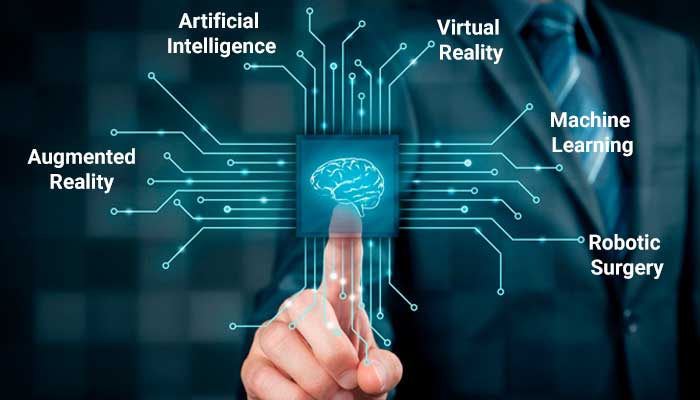Healthcare technology has come a long way in recent years, and it is having a significant impact on patient care. Here are some ways that healthcare technology is impacting patient care:
Access to Records
There’s no doubt that electronic health records (EHRs) have revolutionized the medical field. Doctors and patients alike now have quick and easy access to important medical information. This can help to ensure that patients get the best possible care. And, when it comes to making decisions about treatment options, having access to accurate and up-to-date records can be invaluable. EHRs have also made it possible for doctors to share patient information more easily and seamlessly than ever before.
Improved Communication
Healthcare technology has revolutionized the way doctors and healthcare providers communicate with each other as well as with their patients. In the past, doctors would have to rely on pagers or beeper systems to get in touch with each other, which often resulted in missed calls and frustrated healthcare professionals. However, thanks to healthcare technology, doctors can now communicate via text messaging, email, and even video conferencing. This improved communication has led to better patient care, as healthcare providers are now able to collaborate more effectively and share important information more quickly. As a result, healthcare technology is making a positive impact on the quality of patient care.
Better Coordination of Care
Technology is playing an increasingly important role in healthcare, and one of the most important ways it is doing so is by helping to improve the coordination of care among different healthcare providers. This coordinated care can help to ensure that patients receive the best possible care, as it can help to eliminate duplication of services and communication gaps. In addition, healthcare technology can help to track patients’ progress and make it easier for providers to share information with each other. As a result, healthcare technology is helping to improve the quality of care that patients receive.
Greater patient involvement in their own care
The healthcare landscape is changing, and technology is playing a big role. Patients are now more empowered than ever to take control of their own health. With the help of apps and other tools, patients can track their own health data and share it with their healthcare providers. This increased involvement can lead to better patient outcomes. Healthcare technology is making it possible for patients to be more involved in their own care. This is a major shift that has the potential to improve healthcare for everyone involved.
Earlier detection of health problems
Doctors have always been at the forefront of using technology to save lives. From the invention of the stethoscope to the development of the CT scan, healthcare technology has always played a vital role in diagnosing and treating patients. Today, healthcare technology is evolving faster than ever before, and doctors are now able to detect health problems earlier than ever before. This early detection can help to improve patient outcomes and reduce healthcare costs. One of the most important ways that healthcare technology is helping to detect health problems earlier is through the use of wearable devices.
These devices can monitor a patient’s vital signs and provide real-time data that can be used to assess their health. In addition, healthcare providers are now using artificial intelligence and machine learning to develop algorithms that can detect health problems before they even occur. This early detection is essential for improving patient outcomes and reducing healthcare costs. As healthcare technology continues to evolve, it will only become more effective at detecting health problems earlier and improving patient care.
More personalized medicine
DNA testing is just one example of healthcare technology that is making it possible for doctors to provide more personalized medicine. By understanding a patient’s unique genetic makeup, doctors can tailor treatments specifically for them. This is a marked improvement from the one-size-fits-all approach that has been the standard in healthcare for so long. In addition to DNA testing, other technological advances are also helping to improve healthcare. As mentioned, wearable devices can track a patient’s health data, and AI-powered diagnostic tools can help to identify illnesses at an early stage. As healthcare technology continues to evolve, patients can expect even more personalized and effective treatments in the future.


























